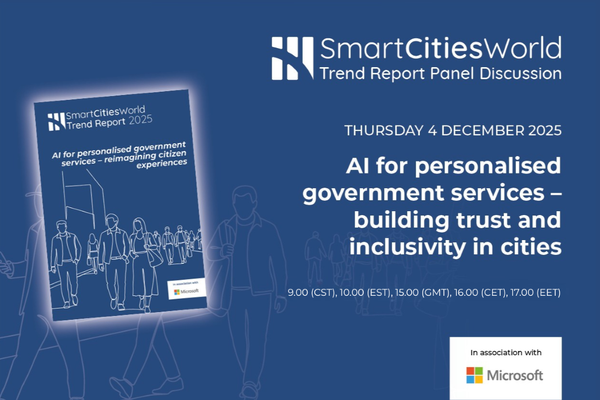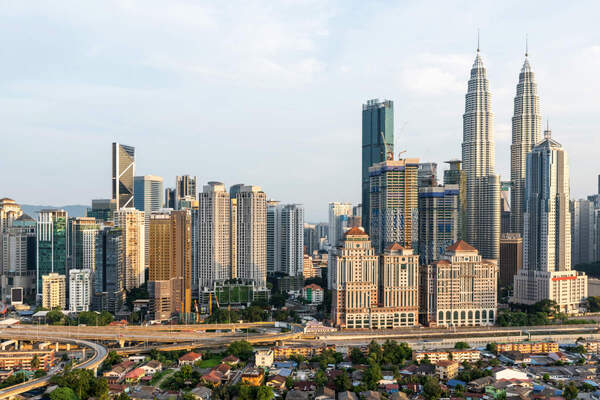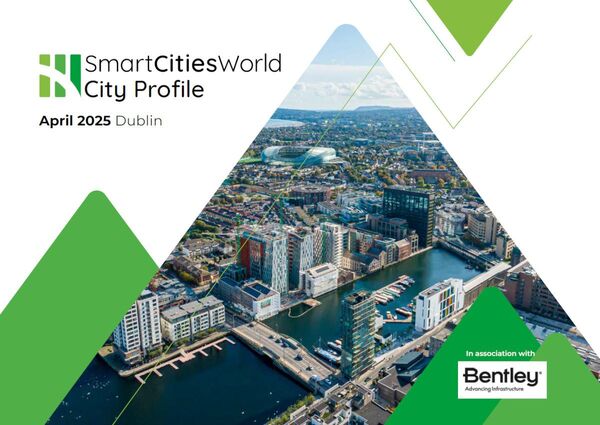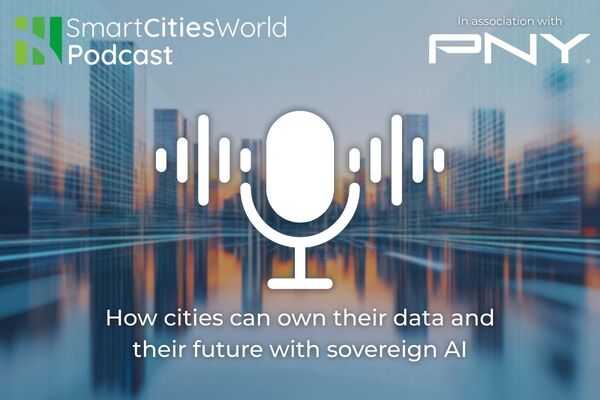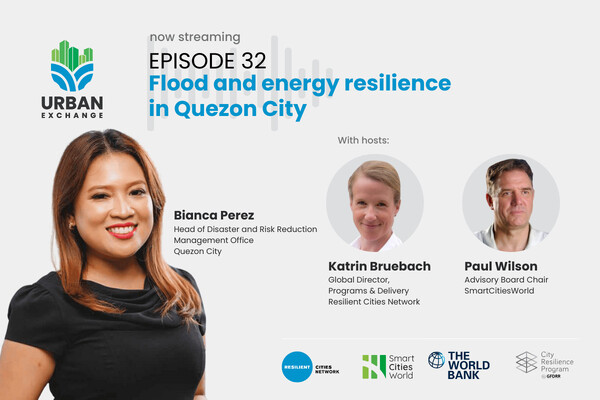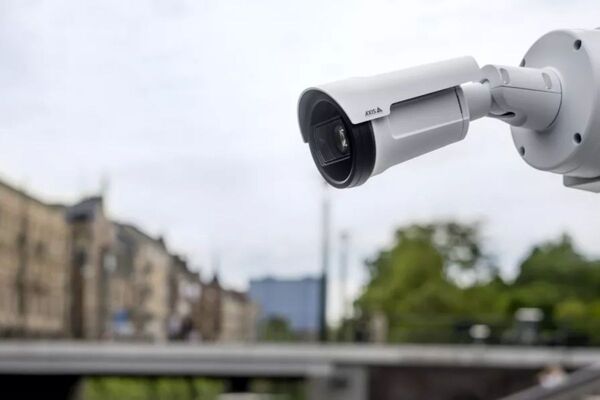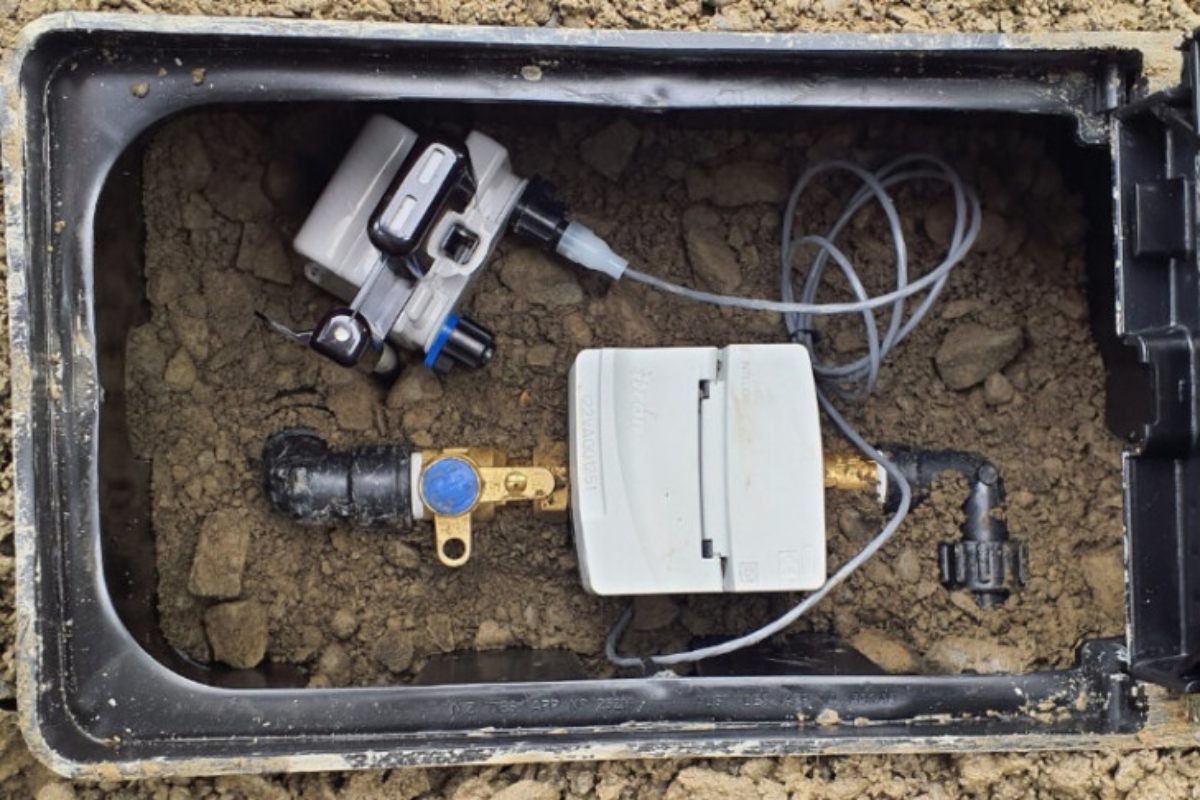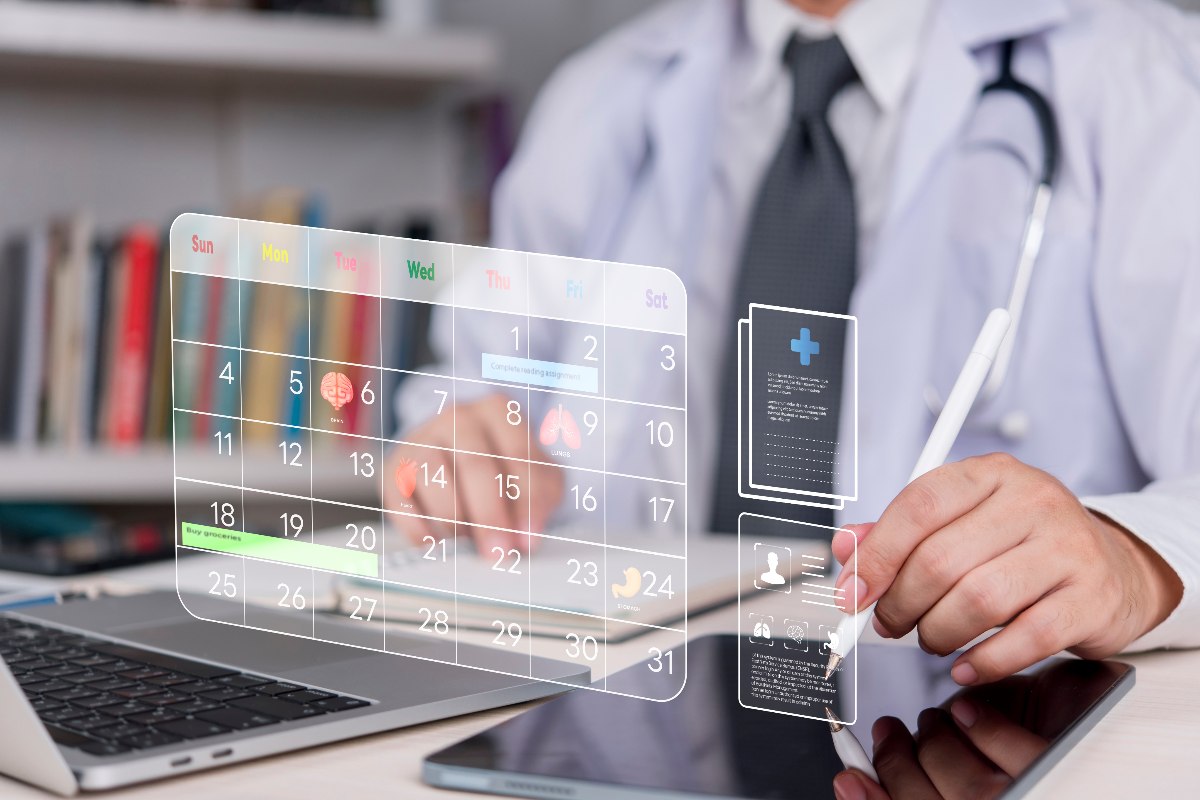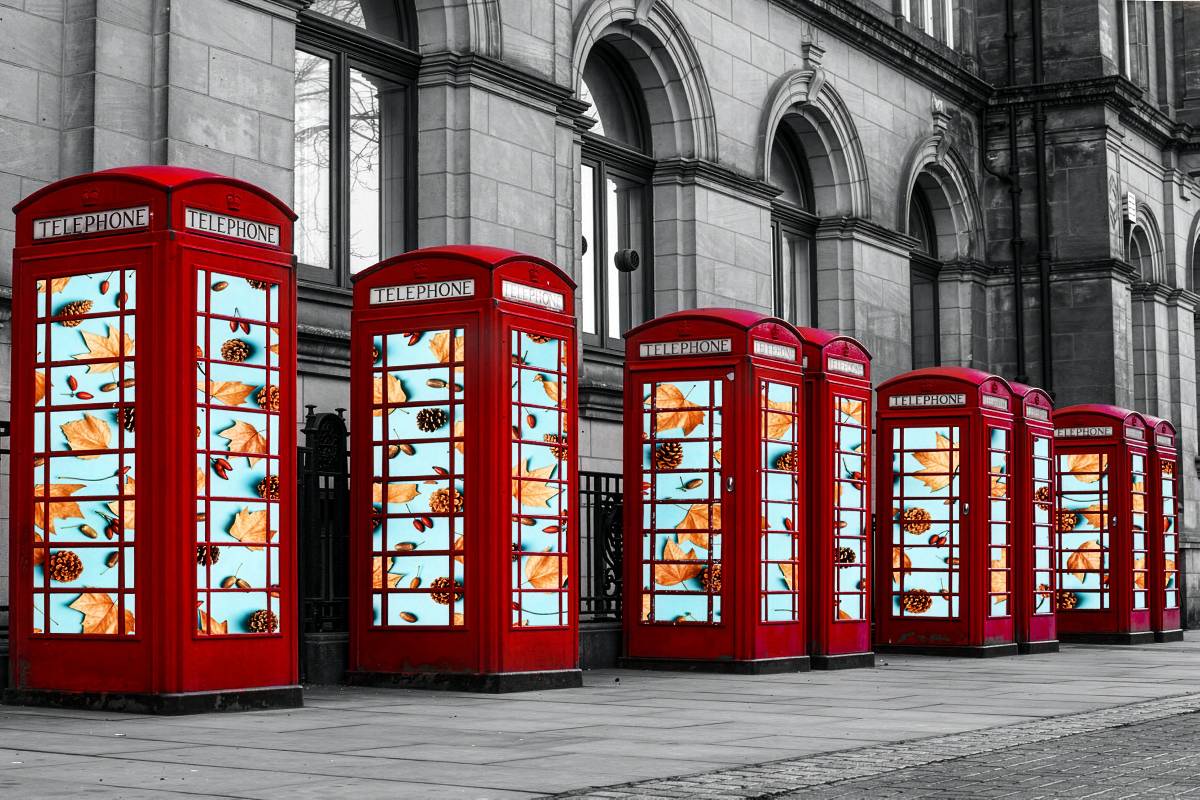Opinions
Beyond video: how cameras as IoT sensors are changing city safety operationsSponsored by Axis Communications
Building smarter cities: scaling sustainability and efficiency with smart city platformsSponsored by ST Engineering
Innovative partnership powers Atlanta’s future
A pioneering initiative between Georgia Power, the City of Atlanta and a cohort of partners is showing what’s next in smart cities and demonstrating the power of public-private partnerships.

This article is published in partnership with Current by GE.
Utilities have a long history of working closely with municipalities to improve quality of life for citizens. Mobility, energy, water and waste management are all heavily dependent on utilities’ involvement and leadership. They are also, of course, central to smarter cities.
Now, leading utilities are going beyond the traditional utility function to provide Intelligence-as-a-Service via the Internet of Things (IoT). Georgia Power, the largest subsidiary of Southern Company, is showing this in action through its leadership of a pioneering project in the City of Atlanta.
Public-private power in Atlanta
A collaboration between Georgia Power, Current by GE, AT&T and Intel is transforming Atlanta’s existing streetlighting into a sensor-enabled data network. Through the pilot project, Current’s CityIQ sensor nodes have been installed on 200 streetlights in five locations across Atlanta, turning the streetlighting into connected digital infrastructure.
Each node houses multiple sensors, including optical sensors powered by computer vision analytics as well as acoustic and environmental sensors. They feature Intel’s CPU (central processing unit), 0.5-terabyte hard-drive storage, a communications modem, and Bluetooth, USB and Power Over Ethernet (PoE) ports.
The nodes are extensible through over-the-air upgrades, allowing the platform to be updated much like a smartphone.
An AT&T SIM card transmits the data via LTE, and Intel silicon and IoT technology sits inside the intelligent nodes to help extract metadata. Edge processing supports high-volume, -veracity and -velocity datasets like never before, such as traffic, pedestrian, bicycle, parking, etc., to enable almost limitless use cases, from improving mobility to reducing crime. The nodes are extensible through over-the-air upgrades, allowing the platform to be updated much like a smartphone.
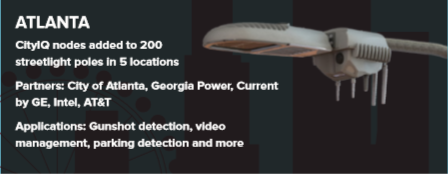
Almost half of Georgia Power’s LED streetlights in Atlanta are connected through network controls, making it easy to switch them on and off or to adjust the intensity of the light when it’s appropriate. However, streetlights increasingly serve as a platform for much wider innovation in cities, with opportunities in public safety, traffic management, digital signage, stormwater detection, flood monitoring and more.
“Our customers are changing and where they live is changing,” explained Christine Primmer, Smart Cities Strategy Manager, Georgia Power. “In the heart of Atlanta, we’re expecting another two million people over the next two decades, which is going to put a dramatic strain on infrastructure on top of the issues we’re already dealing with.”
“Regardless of the technologies you choose, you’re going to need someone to consistently manage those services, and that’s where smart utilities shine,” she added.
Regardless of the technologies you choose, you’re going to need someone to consistently manage those services, and that’s where smart utilities shine.
By working with Current’s ecosystem of innovative partners, Georgia Power has tapped into an even larger portfolio of apps aimed at helping cities operate more efficiently. Many of these solutions are now being tested in Atlanta, including:
- Gunshot detection that broadcasts alerts to 911 dispatch centres, patrol cars and even smartphones, with the precise location, number of rounds fired, multiple or single shooters, and other valuable situational intelligence, dramatically improving emergency response time;
- Video management tools that allow the police department to pull data from CityIQ nodes and store files in their evidence management systems;
- Parking detection that alerts the city when a vehicle is parked where it shouldn’t be
In time, it will also provide wayfinding to help drivers navigate to vacant spaces.
Atlanta’s Chief Technology Officer, Tye Hayes, explained why these types of partnerships are increasingly important to cities such as Atlanta: “Atlanta is experiencing large increases in urban population, visitors and the number of businesses developing in or relocating to the city.
"This creates new challenges in handling street, foot and data traffic, as well as ensuring a safe and sustainable environment for the city’s residents and businesses. At the same time, the expectations of our residents, visitors and businesses are undergoing a massive shift toward greater demand for connectivity, immediacy, sustainability and safety.
The constant demand to be innovative while marrying the citizens’ needs with the municipality’s duty to provide efficient and effective services is a top concern when prioritising smart city initiatives.
“The constant demand to be innovative while marrying the citizens’ needs with the municipality’s duty to provide efficient and effective services is a top concern when prioritising smart city initiatives. Public safety, public services and overall public experience are the things that drive how we look at technology innovation for our infrastructure, and ultimately for the future of the city."
Provider to partner
Cities and utility companies have been called “the ultimate power couple”, and the partnership in Atlanta shows the shape of things to come in smart cities.
Smart utilities are well-placed to help city departments align their strategies with community priorities using an ever-expanding array of IoT applications – many of which can be directly tied to existing streetlight infrastructure that is ubiquitous across all urban centres.
Smart utilities are part of the fabric of local communities. After all, no one knows city infrastructure better than electric utilities who already have relationships with thousands of customers. Utilities own the rights-of-way, hold the franchise agreements and know where the lines are buried. They also have the equipment and crews necessary to deploy, operate and maintain smart city technologies. Georgia Power, for instance, owns more than 850,000 streetlight poles across the state that can serve as prime real estate to host IoT devices for data extraction.
Importantly, the utility is backed by a robust logistics network ready to support intelligent infrastructure growth, such as upgrading streetlight poles with connected nodes that can capture and share data in near real-time. Many cities also own streetlight poles but lack convenient access to the experts that make intelligent infrastructure work seamlessly.
To solve this problem, utilities like Georgia Power have spent years cultivating a network of solutions providers, now including cutting-edge players such as Current by GE, AT&T, Intel and their ecosystem, ready to respond to the challenge – partners committed to making meaningful contributions to city efficiency, economic development, sustainability and citizen welfare.
Limitless innovation
Georgia Power, Atlanta, Current, AT&T and Intel will continue to evaluate new applications to help cities tackle their most pressing challenges. And, through capturing real-time information, cities like Atlanta will gain access to actionable analytics to drive initiatives from congestion reduction to addressing the climate crisis.
Digitised infrastructure can be a platform for many types of apps that will only continue to grow as the technology evolves.
“By digitising our lighting assets, Georgia Power is furthering its commitment to provide safe and reliable services to every community,” says Primmer. “The same way the smartphone conveniently integrates an almost limitless number of applications, digitised infrastructure can be a platform for many types of apps that will only continue to grow as the technology evolves.”
Find out more: www.currentbyge.com/cities
- To find out more about this collaboration and how it supports the City of Atlanta’s smart city strategy, download our Atlanta City Profile.
Why not try these links to see what our SmartCitiesWorld AI can tell you.
(Please note this is an experimental service)
How do CityIQ sensor nodes improve public safety in Atlanta?What role does Georgia Power play in managing smart city infrastructure?How does over-the-air upgrade capability enhance streetlight sensor networks?In what ways can IoT data reduce urban congestion and improve mobility?How do public-private partnerships accelerate smart city technology deployment?
